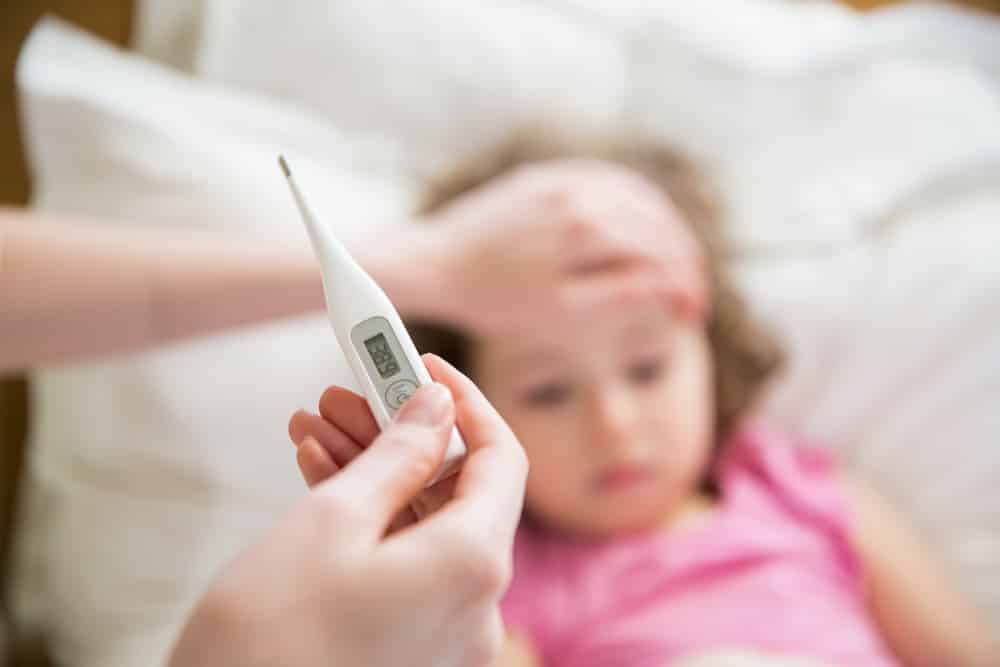
What Parents Need to Know about New PIMS Research
As the COVID-19 pandemic continues, families across the world continue to fear the impact of COVID-19 on children. In April, 2020, doctors started notice an uptick in illnesses affecting children who may have been exposed to COVID-19. The illness has since been named Pediatric Inflammatory Multisystem Syndrome (PIMS) and Multisystem Inflammatory Syndrome in Children Associated with COVID-19 (MIS-C).
Early reports called it a “mysterious illness.” Some reports linked it to Kawasaki disease or Toxic Shock Syndrome (TSS). Ultimately, we now know that PIMS/MIS-C is just one of the manifestations of COVID-19. Only this one impacts only children and young adults.
New research published in The Journal of Pediatrics provides new clarity into PIMS/MIS-C. Below is a summary of information that parents may find useful as they monitor their children for signs of COVID-19 or PIMS/MIS-C.
New Research Better Identifies Symptoms
While the symptoms of PIMS/MIS-C do resemble that of Kawasaki disease, new research shows that there are some very distinct differences. According to the research, at least 50 percent of children with PIMS/MIS-C had symptoms consistent with Kawasaki disease. The primary differences that set the two apart include:
- Kawasaki disease primarily affects children under five. The median age for PIMS/MIS-C is 8.6, meaning PIMS/MIS-C affects primarily an older age range.
- PIMS/MIS-C affects the heart directly.
- 97 percent of children with PIMS/MIS-C experience gastrointestinal symptoms (diarrhea and abdominal pain).
- Low blood pressure is common among children with PIMS/MIS-C.
PIMS Symptoms that Parents Should Look Out For
Researchers note that tummy troubles are common among young children, so parents may have a hard time differentiating between a simple upset tummy and a more serious problem. Experts suggest that parents watch out for tummy problems and a fever that last for more than one day. If these symptoms together do not resolve after a day, get medical attention immediately. Research author Dr. Charles Schleien says,
“It’s important to get your kid’s attention because you don’t want a kid to be home with shock, let alone low blood pressure, day after day because they can die.”
Parents may not realize the danger without getting medical attention. Simple symptoms like a fever and upset tummy are generally not a cause for concern. But researchers warn that parents should not take these symptoms for granted.
Parents should also remember that many children with PIMS/MIS-C do not have symptoms of COVID-19. However, they frequently test positive for the COVID-19 antibodies, suggesting that they had the virus, but were asymptomatic or minimally symptomatic. Sometimes, children develop symptoms of PIMS/MIS-C weeks after any COVID-19 symptoms, which makes it hard for parents to link the two.
What Parents Should Know about Treating PIMS/MIS-C
Generally, experts say that children recover well from PIMS/MIS-C. Treating the disorder can strain young bodies, but it seems like the majority of patients do not experience long-term side effects. Treatment depends on the level of illness and symptoms present. Treatment may include hospitalization and treatment by a multidisciplinary team, including pediatric:
- Infectious disease specialists
- Rheumatologists
- Cardiologists
- Intensivits
- Hematologists
While some of these specializations may seem scary to parents, we must recognize that PIMS/MIS-C is a multisystem disease and the most effective way to treat it is by addressing all components of the disease simultaneously.
Now that experts know more about PIMS/MIS-C, doctors have better information about how to treat it. Treatment options for PIMS/MIS-C may include any of the following:
Antimicrobial Therapy
Broad-spectrum antibiotic therapy is recommended for children with septic shock, TSS or kidney injury. Experts recommend using ceftriaxone and vancomycine generally. For children with kidney injury, experts recommend ceftaroline and piperacillin-tazobactam. Once culture results are clear, antibiotics can be stopped.
Antiviral Therapy
Many experts believe that PIMS/MIS-C is a post-infection complication of COVID-19. While antiviral medication use is not proven to be effective, it could be useful in severe PIMS/MIS-C cases to weaken the disease process.
There are some therapies that are only useful in treating certain clinical presentations. These include:
- Vasoactive Agents – Epinephrine or norepinephrine are the preferred vasoactive medications used to treat shock in children. Children with severe ventricular dysfunction may also require milrinone.
- IVIG – Intravenous immune globulin (IVIG) is the preferred treatment for children who meet the criteria for Kawasaki disease. IVIG is also used in patients who have myocarditis.
- Aspirin – Children with inflammation may benefit from aspirin therapy.
- Diuretics – Children with myocardial dysfunction may be given intravenous diuretics and inotropic agents. These may include milrinone, dobutamine or dopamine.
In the vast majority of cases, children recover well from PIMS/MIS-C. Doctors warn parents, however, that even if treatment is successful, there could be long-term consequences due to the nature of the illness. PIMS/MIS-C causes massive inflammation in the body, which can damage organs and arteries. Inflammation can cause damage that impacts the child’s health years down the road.
Helping Parents Stay Informed
Ultimately, a parent’s best ally is information. The more we know, the better equipped we are to manage these unprecedented diseases. Of course, be proactive if your child exhibits signs of PIMS/MIS-C.
There are several ways that parents can stay informed. You can stay up-to-date on PIMS/MIS-C by following Birth Injury Guide on our website and Facebook page. You can also read regularly updated information from the Centers for Disease Control and Prevention (CDC).

